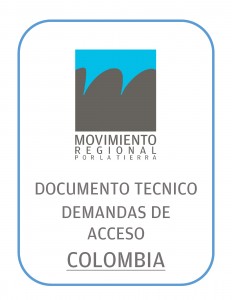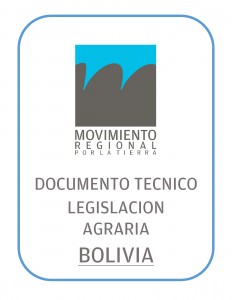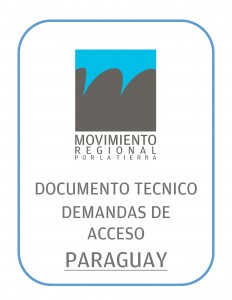Is Anywhere Stuck in a Malthusian Trap?
The key features of the Malthusian model are that (i) income determines population growth, with rising wages increasing survival rates and (ii) there is a vital factor of production (land) which is fixed, implying decreased returns to scale for all other factors. The equilibrium state in such a model is a population living on subsistence incomes.




